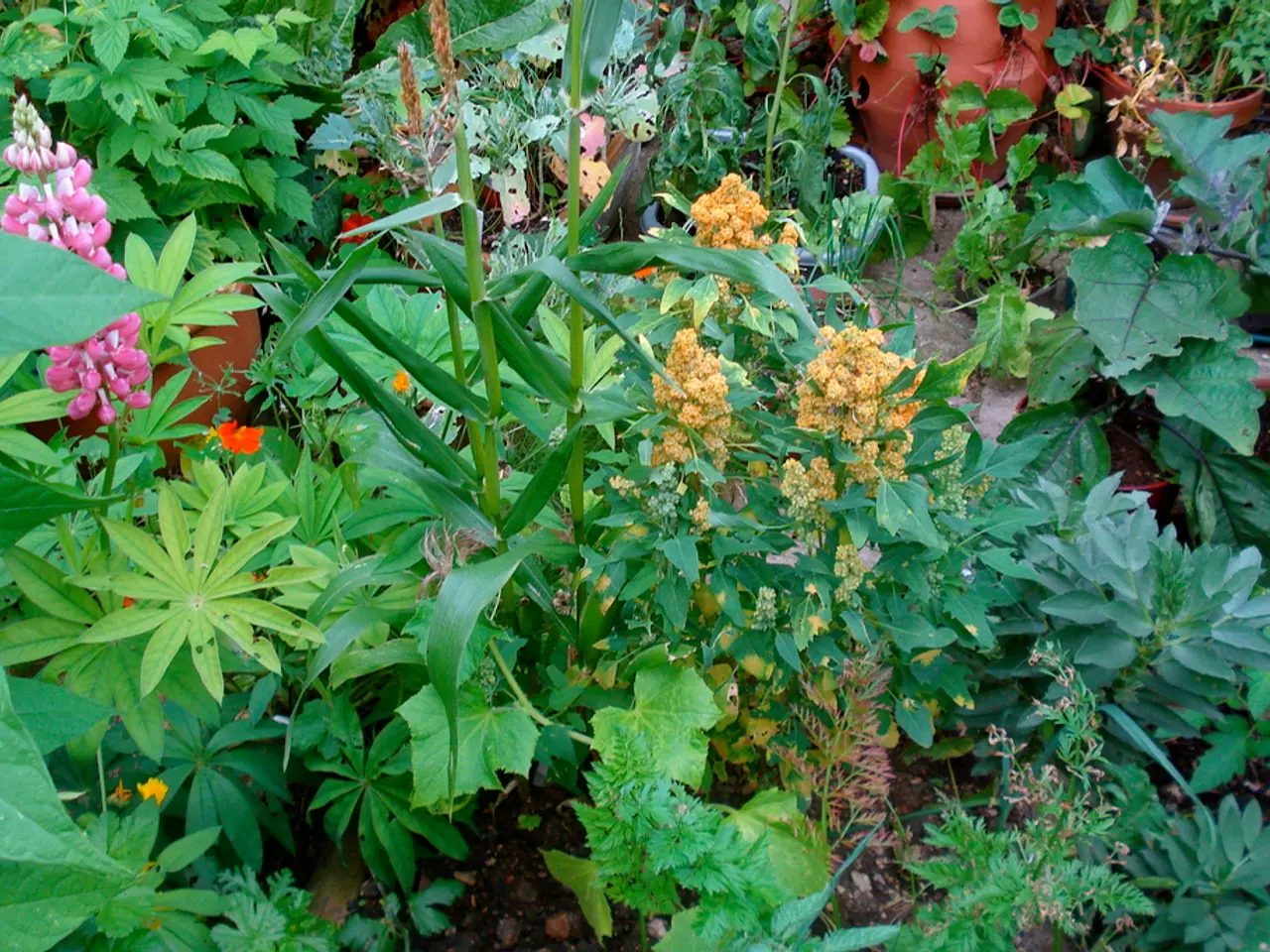Benefits of Involving Children in Gardening:
In a world where screens dominate, stepping outside into nature and getting hands dirty in a garden can offer a plethora of benefits for children's physical and mental health. Gardening serves as an engaging activity that not only fosters a love for nature but also promotes family bonding, growth, and learning.
Research supports the notion that gardening offers a holistic approach to nurturing children's well-being. Physically, it provides active, low to moderate intensity exercise that improves muscle strength, endurance, and overall fitness, making it an enjoyable way for children to stay active.
Mentally, gardening offers powerful support for emotional regulation. Engaging with soil, plants, and outdoor environments has a calming effect and helps reduce stress hormones, making children feel more grounded and less overwhelmed. The sensory experience of gardening helps children manage emotions, especially those who arrive feeling upset or overstimulated, by providing predictable and gentle sensory stimuli.
Boosted confidence and self-esteem are also key benefits. Watching plants grow and caring for them gives children a sense of accomplishment and fosters confidence that extends beyond gardening activities. Gardening supports the development of cognitive skills, enhancing planning, problem-solving, and patience, skills that carry over into other areas of life.
Social connection and resilience are further advantages. Gardening can create enjoyable opportunities for social interaction and build resilience through fostering a positive and creative outlet. The sensory and grounding experience of gardening signals to the nervous system safety and calm, which can be especially helpful for trauma recovery and emotional stability.
Gardening also has a profound impact on children's diets. When children grow their own vegetables, they develop a deeper connection with the food they eat, making them more likely to enjoy and eat more vegetables. This, in turn, can help children eat healthier and combat symptoms of depression and anxiety, as exposure to sunlight in gardening helps reset the body's internal clock and promotes the production of Vitamin D.
For families who are new to gardening, various kids gardening packs are available to help get started. Gardening provides children with a sense of responsibility and accountability, instilling a sense of purpose that can help alleviate stress and provide children with a greater sense of belonging and accomplishment.
In conclusion, gardening acts as a natural therapy that integrates physical activity, cognitive engagement, and emotional support, making it an excellent tool for nurturing children’s holistic health. By fostering a love for nature, promoting family bonding, and instilling valuable life lessons, gardening offers a wealth of benefits that extend far beyond the garden fence.
- Incorporating gardening into a home-and-garden lifestyle can offer a diverse range of benefits, including caring for nursery plants and vegetables in the outdoor garden.
- The process of tending to the garden, handling seeds, and observing the growth of plants fosters a connection with nature and fosters a love for gardening as a hobby.
- Educational aspects like personal growth, self-development, and resilience can be found in gardening, as children learn cognitive skills, problem-solving, and patience.
- Gardening serves as a valuable resource for boosting children's confidence and self-esteem by providing opportunities for accomplishment and accountability.
- Investing in kids gardening packs can help families new to gardening get started, and this hobby can even contribute to healthier diets by encouraging children to eat more vegetables when they grow their own produce.
- Exposure to sunlight while gardening helps reset the body's internal clock, promoting the production of Vitamin D, which is essential for combating symptoms of depression and anxiety.




